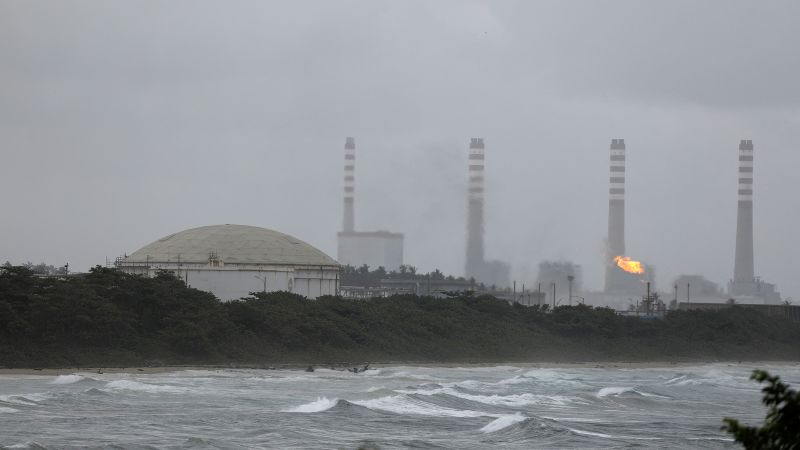
The Biden administration has announced the reimposition of oil sanctions on Venezuela due to President Nicolás Maduro's government failing to uphold its end of a deal made last October. The agreement, known as the Barbados Agreement, required Maduro's government to hold free and fair elections monitored by international observers in exchange for temporary relief from U.S. sanctions on Venezuela's oil, gas, gold, and sovereign debt sectors.
However, according to multiple sources including CNN and AP News, the Venezuelan authorities have blocked opposition figures from running for president or registering their designated alternatives as candidates. One of the most notable cases is Maria Corina Machado who won her primary election but was prevented from participating in Venezuela's elections.
As a result, on April 17, 2024, the U.S. Treasury Department announced that it would not renew the general license and sanctions on Venezuela's oil and gas sector will come back into force in 45 days.
The decision to reinstate the sanctions was based on Maduro's government's failure to comply with the spirit and letter of the Barbados Agreement. The U.S. official stressed that this should not be viewed as a final decision, but rather an acknowledgement of Venezuela's current political circumstances.
The reimposition of sanctions essentially returns U.S. policy to pre-agreement status, making it illegal for U.S. companies to do business with state-run oil producer Petróleos de Venezuela S.A (PDVSA) without a specific license from the U.S. Treasury Department.
The Venezuelan authorities have dismissed the diplomatic rebuke and accused Washington of betraying a promise to lift all sanctions, which were supposedly agreed during secret negotiations between the two countries.
